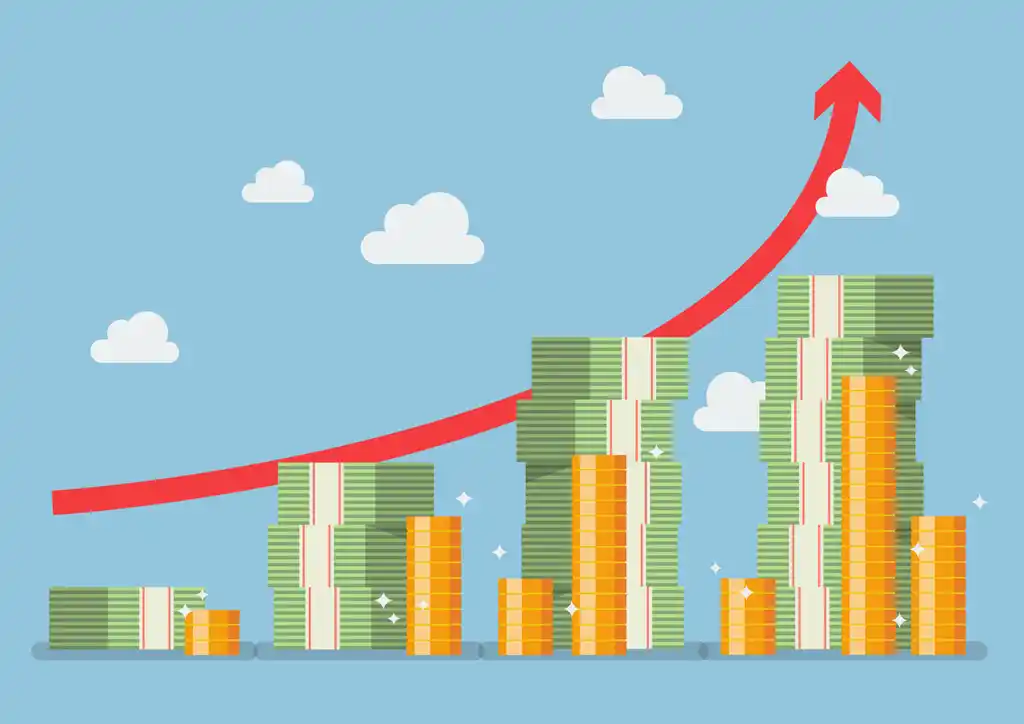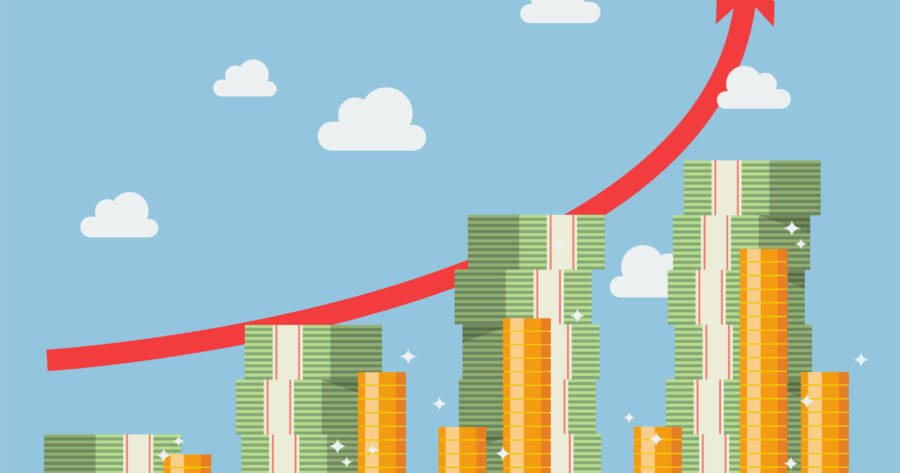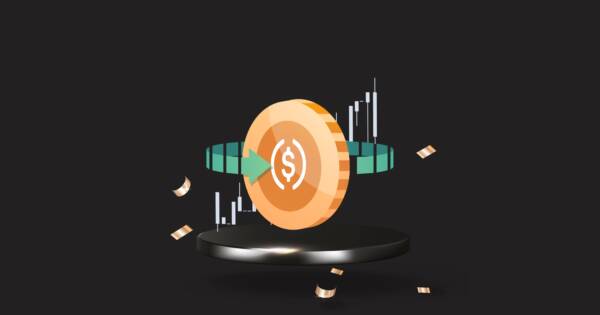When asked what he owes his success to, legendary investor Warren Buffett said “My wealth has come from a combination of living in America, some lucky genes, and compound interest.” For anyone not counting, he’s parlayed that into a net worth of about $68.7 billion.
Compound interest is so powerful that scientist Albert Einstein famously once called it “the eighth wonder of the world.” However, some investors are still not exactly sure how it works. Understanding compound interest is very important if you’re going to grow your money. Einstein also said this about compound interest: “He who understands it, earns it. He who doesn’t, pays it.” With that warning in mind, let us explain — in simple terms — the concept of compound interest and how it can help grow your savings.
Defining Compound Interest
The concept of compound interest arose in Italy during the 17th century. Essentially, it is interest earned on interest. Compound interest is interest that is calculated on an initial principal, plus previously accumulated interest. Compound interest grows money at a much faster rate than what is known as “simple interest.” That latter term is only calculated on a principal amount.
Here’s a simple example of compound interest at work.
You invest $100 and earn a 10% return on the initial principal. That interest would amount to $10. You add that $10 earned in interest to the $100 principal and now you have $110. Next, you reinvest the $110 and earn another 10% return. You’ve then earned an additional $11, which you add to the $110. Now you have $121 in total, and reinvest it again. You earn a further 10% return on $121 and get $12.10, which is added to the $121 for a total now of $133.10.
You continually reinvest the money and add the interest earned to the principal. As you can see, it quickly grows the total amount of principal and interest combined. By constantly adding the interest to the principal (and then earning more interest again) you are effectively compounding your gains. It grows money at an exponential rate.
Compounding Periods
How fast compound interest accrues (and grows) depends largely on the frequency of compounding periods. The more often compounding periods occur, the greater the amount of compound interest. For example, the amount of compound interest earned on $100, compounded at 10% once a year, will be less than on $100 compounded at 5% twice a year.
Over the long-term, compound interest can significantly boost your investment returns. A $100,000 deposit that receives 5% simple interest, for example, would earn $50,000 in interest over 10 years. However, compound interest of 5% on that same $100,000 would equal $62,889.46 over the same period. That’s almost $13,000 extra in returns!
Interest can be compounded on a number of different schedules. It ranges from daily, monthly, quarterly, and annually. Savings accounts at most banks compound interest on a daily basis. When it comes to home mortgage loans, home equity lines of credit, business loans, and credit cards, interest is usually compounded on a monthly basis. Some banks also offer something called “continuously compounding interest.” That feature adds interest to the principal at every possible opportunity. The more frequently that compounding occurs, the more beneficial it is to you. Remember that it’s only when interest is added to an existing balance that it begins to earn additional interest.
The Rule of 72
The Rule of 72 is a simple but valuable calculation. You need to know it. It’s used to determine how long an investment will take to double with a fixed annual interest rate. By dividing 72 by the annual rate of return, you can determine how many years it will take for the initial investment to double. Keep in mind, this doesn’t include any additional contributions you might be making to the principal. Those would speed up the process too.
For example, an investment that has a 6% annual rate of return will double in 12 years. Meanwhile, an investment with an 8% annual rate of return will double in only nine years. The Rule of 72 tends to be most accurate when dealing with low rates of return. The higher the rate of return, the less accurate the Rule of 72 becomes.
Compound Annual Growth Rate
Compound Annual Growth Rate (CAGR) is used to calculate returns over periods of time for stocks, mutual funds, and investment portfolios. The CAGR is also used to determine whether a portfolio manager has exceeded the market’s rate of return. For example, assume a market index like the S&P 500 provided total annual returns of 10% over a five-year period. Then assume a fund manager only generated annual returns of 9% over the same period. In that case, the manager is said to have “underperformed the market.” The CAGR can also be used to calculate the expected growth rate of various investments over extended periods. This is a useful tool for retirement planning.
Risks and Rewards of Compound Interest
Compounding interest can is great for investments. However, it can (and does) work against you on loans with high-interest rates attached, primarily found with credit cards. A credit card balance of $20,000 with an interest rate of 20% compounded monthly would result in total compound interest of $4,388 over a one-year timeframe. That about $365 per month. That’s extremely high. That kind of compounding interest will result in the amount owing growing ever larger over time, unless you can pay it all off.
In terms of rewards, compound interest helps investments grow exponentially. It can be a big driver in terms of individual wealth creation. Exponential growth from compounding interest can also counter against wealth-eroding factors like inflation or a reduction in your purchasing power. In other words, compound interest is great for money you have invested. However, it can be extremely negative when you owe money.
The Last Word
Because of its ability to exponentially grow money, compound interest has been called a “miracle” by many business leaders and professional investors. Certainly, you should understand how compounding works. When employed properly, it will help your money grow over the long term. That said, you also need to understand how compounding works against you. If you have credit card or line of credit debt, that same principal is working against you. Having a working knowledge of compound interest will help you, as you seek to grow your wealth and minimize debts.
 Shutterstock
Shutterstock







